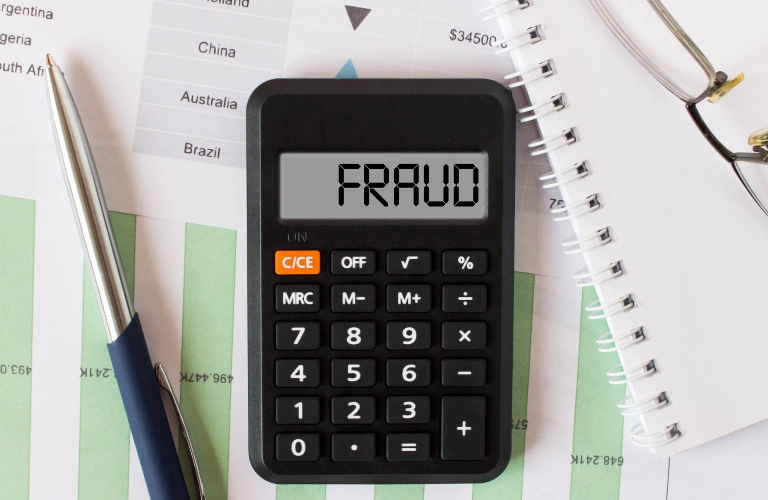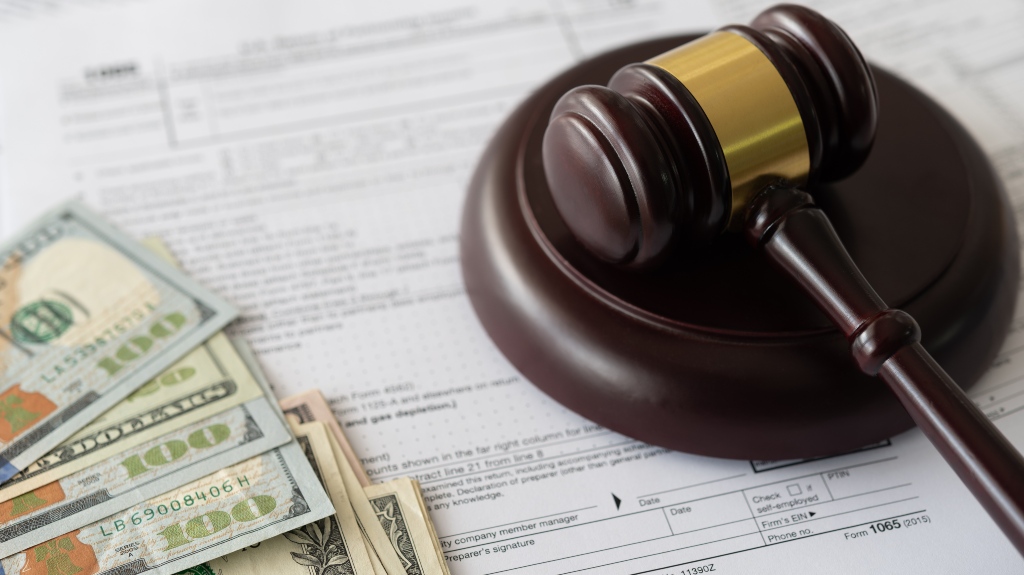What Is Payroll Tax Withholding Fraud in North Carolina?
Every employer is legally responsible for payroll tax withholding. Under both federal and state law, employers must withhold specific amounts from their employees’ paychecks, such as income taxes, Social Security, and Medicare, and remit those funds to the appropriate government agencies. When employers intentionally fail to follow these requirements, they may commit payroll tax withholding fraud. In North Carolina, this type of fraud is taken seriously and can lead to severe civil and criminal penalties.
If you are under investigation for payroll tax issues or have concerns about your business practices, it’s crucial to understand how these laws work and when to seek legal help.
Understanding Payroll Tax Obligations
When you run a business with employees, you are required to withhold a portion of each worker’s earnings for tax purposes. These taxes typically include:
- Federal income tax
- Social Security and Medicare taxes (FICA)
- State income tax
In addition to withholding these amounts, employers must match the FICA portion and file periodic payroll tax returns with the IRS and the North Carolina Department of Revenue (NCDOR). The funds withheld are considered “trust fund taxes“—money held in trust for the government. Failing to remit these funds or misusing them for business or personal expenses can lead to serious legal consequences.
What Constitutes Payroll Tax Withholding Fraud?
Payroll tax withholding fraud occurs when an employer intentionally avoids meeting their legal obligations. Examples include:
- Withholding taxes from employees’ paychecks but failing to pay them to the government
- Not filing required tax returns to conceal the missing payments
- Paying employees off the books or underreporting wages
- Falsifying payroll records or tax documents
- Using withheld funds for other business expenses
While mistakes and cash flow issues do happen in business, the key factor that makes this criminal is intent. If the government can prove that you knowingly failed to remit taxes or tried to deceive tax authorities, you could be charged with fraud.
Penalties for Payroll Tax Fraud in North Carolina
Both the IRS and NCDOR aggressively investigate payroll tax fraud. Depending on the specifics, an employer could face:

- Civil penalties, including steep fines and interest on unpaid taxes
- Personal liability under the federal Trust Fund Recovery Penalty (TFRP)
- Criminal charges, including felony tax evasion or wire fraud
- Restitution payments and wage garnishment
- Loss of business licenses or other professional credentials
In some cases, business owners, corporate officers, or even bookkeepers can be held personally responsible, even if they did not make the financial decisions. Courts often consider who had “control” over financial decisions and whether that person willfully disregarded the law.
Defending Against Payroll Tax Allegations
If you’re facing an audit, investigation, or criminal charges over payroll taxes, having a skilled criminal defense attorney in your corner is crucial. Prosecutors must prove that you acted willfully and knew the taxes were owed and intentionally failed to pay or report them. A skilled attorney can help by:
- Examining whether the alleged conduct was intentional or the result of miscommunication or accounting errors
- Negotiating with authorities to resolve issues without formal charges
- Challenging improper evidence or procedural missteps
- Representing you in state or federal court, if necessary
In some cases, working proactively with a lawyer before charges are filed can prevent escalation and protect your financial and personal future.
Contact Our Legal Team To Know More
Payroll tax withholding is a serious matter, but being accused of fraud does not automatically mean you’ll be convicted. At Ryan Willis Law, we help North Carolina clients facing tax-related investigations, audits, and criminal charges. Whether you’re a small business owner, executive, or employee caught in a complex tax issue, we’re here to protect your rights and defend your reputation.
If you’re facing payroll tax concerns or have received notice from the IRS or NCDOR, don’t wait. Contact Ryan Willis Law for a confidential consultation.


